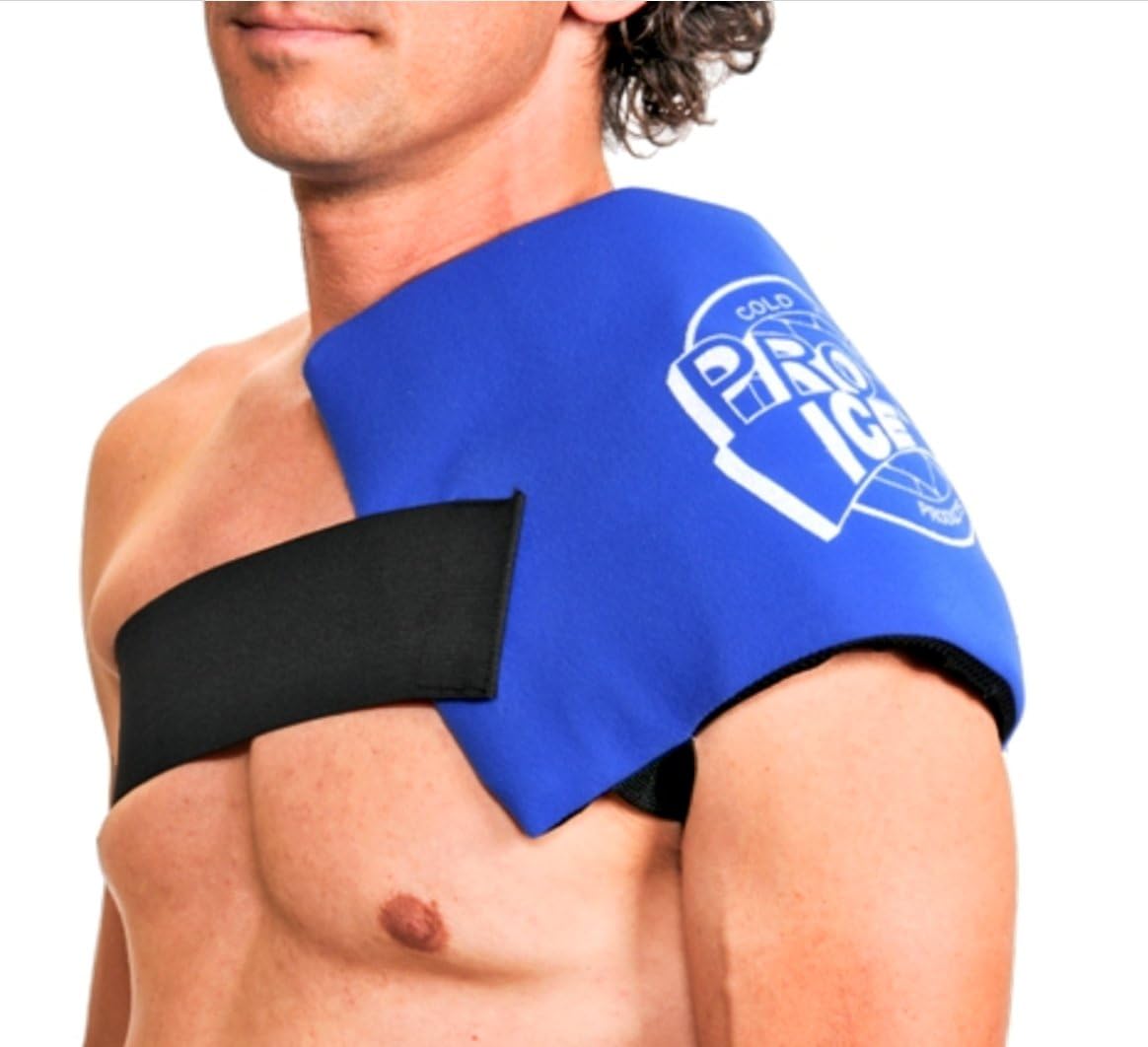What are the symptoms of shoulder arthritis?
Shoulder arthritis, which includes osteoarthritis and rheumatoid arthritis, can cause a range of symptoms affecting the shoulder joint:
- Shoulder Pain: Persistent pain in the shoulder joint that may worsen with activity or at night.
- Stiffness: Reduced range of motion and difficulty moving the shoulder fully, especially in the morning or after periods of inactivity.
- Swelling: Swelling around the shoulder joint, which may be visible or felt as tenderness and warmth.
- Weakness: Weakness in the shoulder, making it hard to lift objects or perform overhead activities.
- Grinding or Crepitus: A grinding or creaking sound during shoulder movement, known as crepitus.
- Inflammation: Redness and warmth around the shoulder joint in cases of inflammatory arthritis like rheumatoid arthritis.
- Joint Deformity: In advanced cases, visible deformities or changes in the shape of the shoulder joint may occur.
These symptoms can vary in intensity and impact daily activities, depending on the severity of the arthritis. If you suspect you have shoulder arthritis, it’s important to consult a healthcare provider for a proper diagnosis and management plan.
What are the causes of shoulder arthritis?
Shoulder arthritis can be caused by several factors, including:
- Osteoarthritis: Often referred to as wear-and-tear arthritis, osteoarthritis occurs when the cartilage that cushions the shoulder joint breaks down over time. This can be due to aging, repetitive stress or injury, or genetics.
- Rheumatoid Arthritis: This is an autoimmune condition where the body’s immune system attacks the synovial lining of the shoulder joint, leading to inflammation, pain, and joint damage.
- Post-Traumatic Arthritis: This form of arthritis develops after an injury or trauma to the shoulder, such as fractures or dislocations, which can lead to joint damage and arthritis later on.
- Rotator Cuff Tear Arthritis: Chronic rotator cuff tears can contribute to arthritis by causing abnormal shoulder joint mechanics and accelerating cartilage wear.
- Shoulder Labral Tears: Damage to the labrum (the cartilage ring around the shoulder socket) can lead to arthritis due to altered joint function and increased wear on the cartilage.
- Genetics: A family history of arthritis or genetic predisposition can increase the risk of developing shoulder arthritis.
- Repetitive Stress or Overuse: Repetitive activities or overuse of the shoulder, especially in sports or jobs involving overhead motions, can contribute to arthritis development.
- Infection: In rare cases, an infection in the shoulder joint (septic arthritis) can lead to arthritis if not treated promptly.
These factors can vary in their impact and contribute to the development and progression of shoulder arthritis.
What is the treatment for shoulder arthritis?
The treatment for shoulder arthritis aims to alleviate symptoms, improve function, and slow the progression of the disease. Treatment options include:
- Medications: Nonsteroidal anti-inflammatory drugs (NSAIDs) like ibuprofen or naproxen can help reduce pain and inflammation. Corticosteroids may be used for more severe inflammation, either orally or through injections directly into the shoulder joint.
- Physical Therapy: Targeted exercises and physical therapy can improve shoulder strength, flexibility, and range of motion. This can help alleviate pain and enhance shoulder function.
- Heat and Cold Therapy: Applying heat or cold packs to the shoulder can reduce pain and inflammation. Heat therapy can also help relax tight muscles, while cold therapy can numb the area and reduce swelling.
- Lifestyle Modifications: Avoiding activities that exacerbate symptoms, using ergonomic tools, and making modifications to daily activities can help manage shoulder arthritis.
- Assistive Devices: Using braces, supports, or orthotics can provide additional support and relieve pressure on the shoulder joint.
- Injections: In addition to corticosteroids, hyaluronic acid injections or other joint lubricants may be used to reduce pain and improve joint function.
- Surgery: In cases where conservative treatments are not effective, surgical options may be considered. These can include arthroscopy to clean out damaged tissue, shoulder joint replacement (arthroplasty), or procedures to repair or reconstruct the rotator cuff or labrum.
- Alternative Therapies: Some people find relief with alternative treatments such as acupuncture, massage, or dietary supplements like glucosamine and chondroitin, although evidence for their effectiveness can vary.
The appropriate treatment plan is individualized based on the severity of the arthritis, the specific symptoms, and the overall health of the patient. Consulting with a healthcare provider is essential to determine the most effective approach for managing shoulder arthritis.

Leave a Reply
You must be logged in to post a comment.